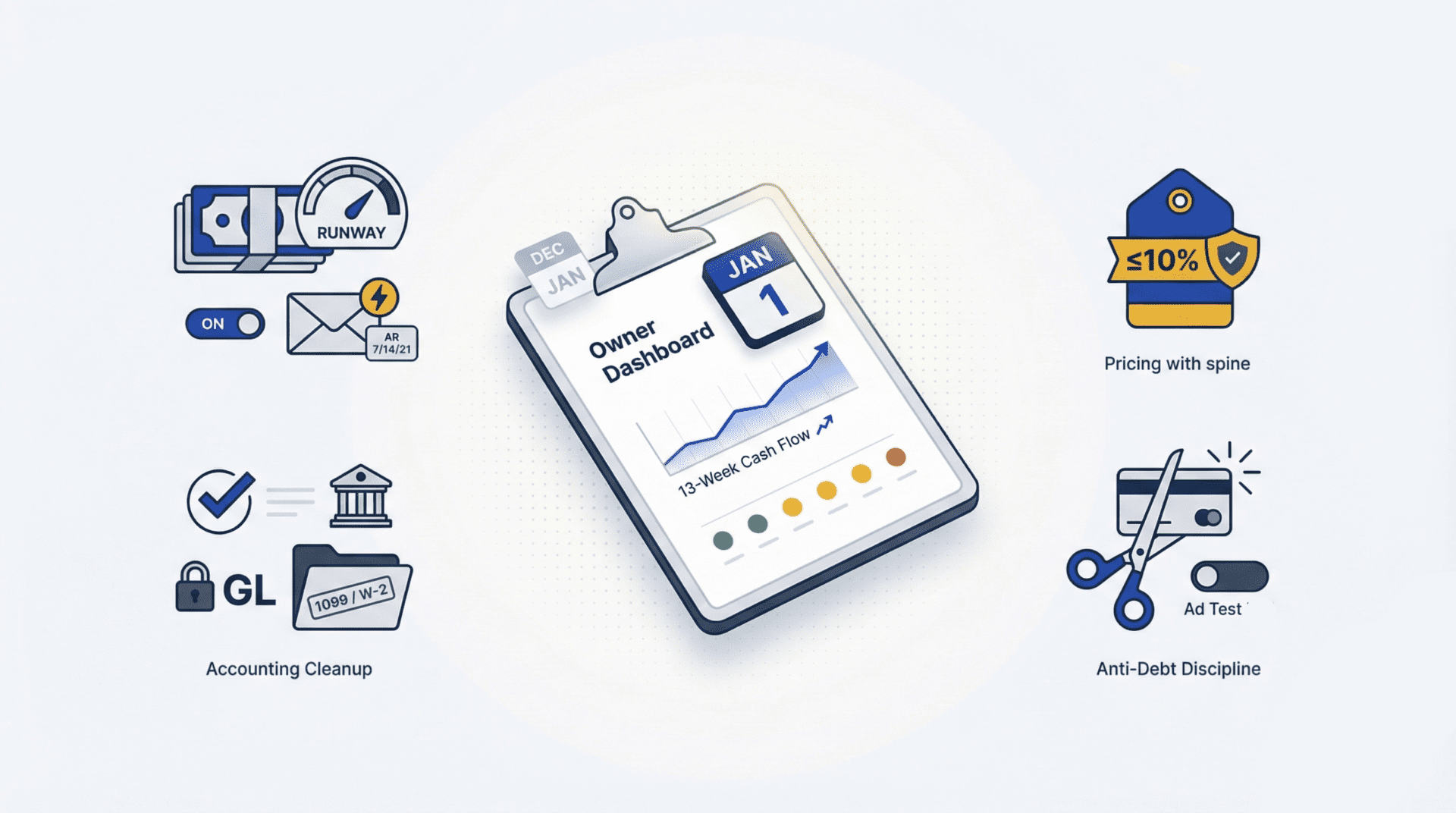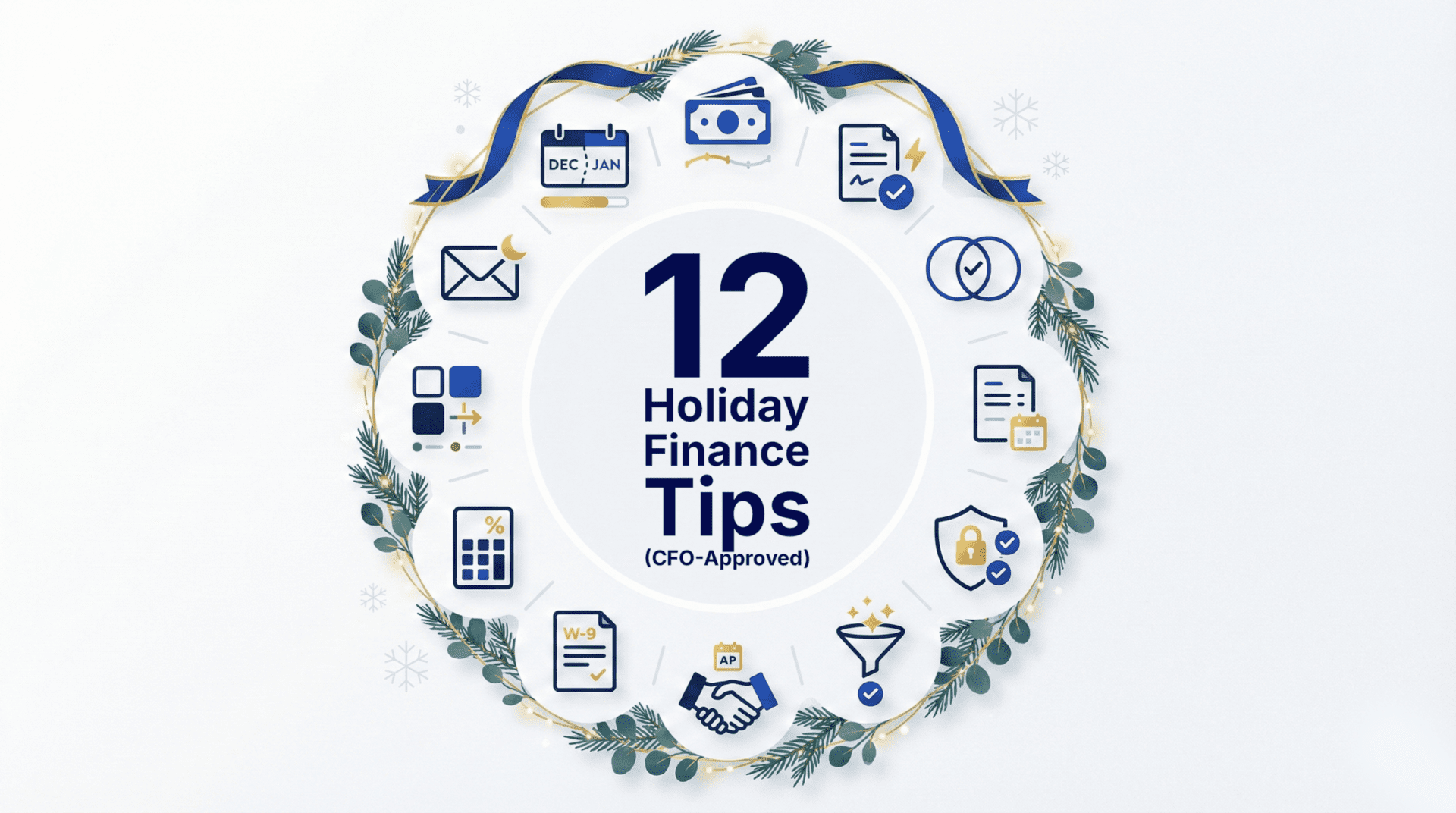
One of the most important elements of tax planning for S-corporation owners is to consider the amount of W-2 salary paid to the owner of the business.
In order for the United States to fund social programs, the government requires sole-proprietors to pay self-employment taxes on their business earnings which end up being around 15.3% of tax on the first $147,000 in 2022 – and 2.9% for every dollar you earn after that – in ADDITION to federal and state income taxes. It can be nasty surprise being a new business owner paying your tax bill for the first time because you end up paying significantly more taxes on a larger share of your income when you start out.
However, business owners who have elected S-corporation treatment do not pay self-employment tax on their business profits from their company which makes them a key tax savings tool in the business owner’s arsenal. For reference, about 95% of CleverProfits clients use an S-corporation in order to save on self-employment taxes. That’s how important an S-corporation is to tax savings.
Reasonable compensation
However, there are hidden traps that a business owner using an S-corporation should be wary of. The Internal Revenue Service (“IRS”) has consistently enforced that active owner-operators should pay themselves reasonable compensation in the form of W-2 salaries. This means even if you dodge self-employment taxes, you still have to pay the employer and employee portion of payroll taxes – adding up to around 15.3%.
For the longest time, S-corporation business owners would fight the Internal Revenue Service tooth-and-nail on artificially low salaries in order to minimize their payroll tax burden and lower their effective tax rate. Until tax year 2018 came around.
The Tax Cuts and Jobs Act introduced a new tax break for small business S-corporation owners: the qualified business income deduction under Section 199A.
What is the qualified business income deduction (Section 199A)?
The qualified business income deduction is a haircut on your taxable income from pass-through entities. It can lead up to a 20% write-off of your net business profits from your tax return which can save you up to 5-8% on your federal tax bill. It’s such an important tax write-off that we want to help make sure you keep the deduction.
The deduction phases out at higher levels of taxable income. Single filers can expect to begin losing the deduction starting at $164,900 of income. Married filers can expect to begin losing the deduction at $329,800 of income.
There is a unique way to reduce or completely eliminate the phase-out of the deduction, and keep all the benefits even if you make $10,000,000 in business profit. The trick is to pay yourself more.
Why should I pay myself more salary?
If you pay yourself more, you will need to pay more in both employer and employee payroll taxes which combined is around 15.3% on the first $130,000 and 2.9% on every dollar after that. While it seems like a lot more in payroll taxes, you get to recoup the $0.50 of the deduction for every $1 you pay yourself or other employees in wages.
If you make $10,000,000 in business profit, paying yourself $3,000,000 will allow you to take a $1,400,000 deduction.
So there is a “sweet spot” – like Goldilocks – where you need to pay yourself just the right amount to maximize your deduction and minimize your tax burden.
Another hidden benefit is that increasing your salary could allow you to contribute more money to a SEP-IRA which is great for sheltering your income from the IRS.
How can I calculate how much to pay myself?
CleverProfits does this as part of our specialized tax planning engagements. We recommend reaching out to our team if you want to learn more about how to maximize this benefit.
What do I need to do to pay my salary?
For starters, we recommend ensuring that you will file the requisite payroll tax forms, tax remittances, and year-end forms to the Internal Revenue Service and state tax authority. That’s a tall ask for a business owner who has a lot on their plate.
CleverProfits can help manage all aspects of your payroll with our CFO services. We can help determine what you need to pay yourself and manage the filings for you so you don’t have to lift a finger.
If you’re interested in working with our team, schedule a consultation and lock in your tax savings today before it’s too late.
The Clever Writing Team
The CleverProfits writing team includes various team members in Advisory, Financial Strategy, Tax, and Leadership. Our goal is to provide relevant and easy-to-understand financial content to help founders and business leaders reach their true potential.







